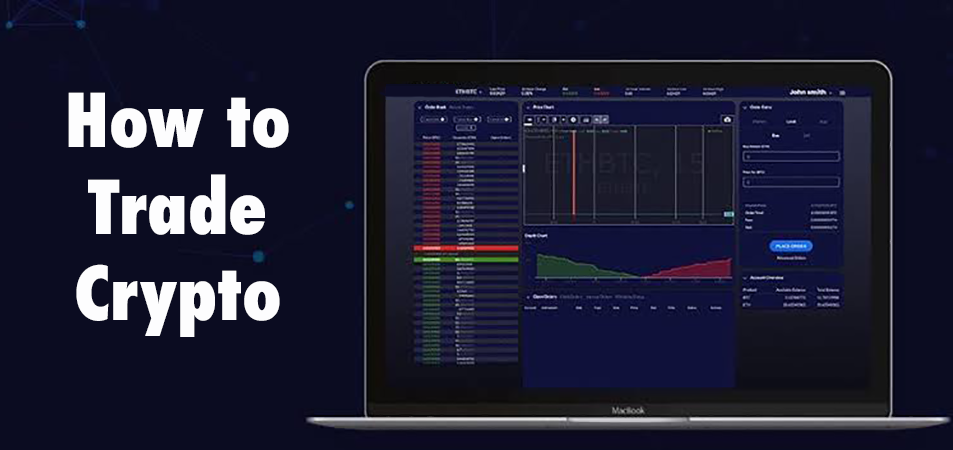Cryptocurrency trading is the act of speculating on cryptocurrency cost motions via a CFD trading account, or purchasing and selling the underlying coins through an exchange. CFDs trading are derivatives, which enable you to speculate on cryptocurrency price motions without taking ownership of the underlying coins. You can go long (' purchase') if you believe a cryptocurrency will increase in value, or short (' sell') if you believe it will fall.
Your profit or loss are still calculated according to the full size of your position, so take advantage of will amplify both earnings and losses. When you buy cryptocurrencies through an exchange, you purchase the coins themselves. You'll need to create an exchange account, set up the amount of the possession to open a position, and save the cryptocurrency tokens in your own wallet until you're all set to sell.
Lots of exchanges likewise have limitations on how much you can deposit, while accounts can be extremely pricey to preserve. Cryptocurrency markets are decentralised, which indicates they are not provided or backed by a central authority such as a government. Rather, they stumble upon a network of computer systems. Nevertheless, cryptocurrencies can be purchased and offered via exchanges and saved in 'wallets'.
 How to Trade Cryptocurrency? A Complete ...truemors.com
How to Trade Cryptocurrency? A Complete ...truemors.com
When a user desires to send cryptocurrency systems to another user, they send it to that user's digital wallet. The transaction isn't considered last till it has actually been verified and included to the blockchain through a process called mining. This is also how new cryptocurrency tokens are generally created. A blockchain is a shared digital register of tape-recorded information.
To choose the very best exchange for your needs, it is essential to fully understand the types of exchanges. The very first and most typical type of exchange is the centralized exchange. Popular exchanges that fall under this classification are Coinbase, Binance, Kraken, and Gemini. These exchanges are personal business that use platforms to trade cryptocurrency.
The exchanges noted above all have active trading, high volumes, and liquidity. That said, centralized exchanges are not in line with the philosophy of Bitcoin. They run on their own personal servers which develops a vector of attack. If the servers of the business were to be compromised, the whole system could be closed down for some time.
The bigger, more popular central exchanges are without a doubt the most convenient on-ramp for brand-new users and they even supply some level of insurance ought to their systems fail. While this is true, when cryptocurrency is acquired on these exchanges it is saved within their custodial wallets and not in your own wallet that you own the keys to.
Must your computer and your Coinbase account, for instance, become compromised, your funds would be lost and you would not likely have the ability to claim insurance. This is why it is important to withdraw any big sums and practice safe storage. Decentralized exchanges operate in the very same way that Bitcoin does.
Rather, consider it as a server, other than that each computer system within the server is expanded throughout the world and each computer that comprises one part of that server is managed by an individual. If one of these computers turns off, it has no effect on the network as an entire due to the fact that there are a lot of other computer systems that will continue running the network.